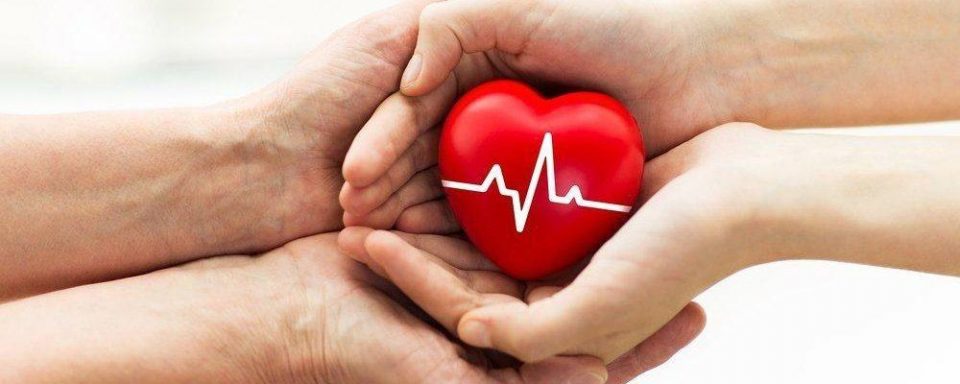
According to clinical research, charitable giving affects not only helps the intended beneficiaries, but it also provides long-term physical and mental benefits for the donor.
Even those already in great health can reap the rewards of giving back this holiday season: lower blood pressure, greater happiness, and a longer lifespan.

Lower blood pressure
A 2006 study from the International Journal of Psychophysiology reported that individuals who provided social support for others displayed lower blood pressure levels.
A decade later, additional research published in the journal Health Psychology reiterated those claims. In one study, 186 adults diagnosed with high blood pressure disclosed how much they gave charitably. Two years later, researchers followed up on their donating habits and state of health.
“By then, the participants who had initially spent the most on causes had lower blood pressure than participants who had spent less money,” Greater Good Magazine reported, adding that “This association held even after accounting for the effects of income, education level, and age.”
A second study by the same researchers, which required 73 participants to spend a $40 allowance either on themselves or on others, yielded similarly compelling results: those who were instructed to use the money for others reported lower blood pressure levels at the end of the study. In fact, as stated in the study’s abstract, “The magnitude of these effects was comparable to the effects of interventions such as antihypertensive medication or exercise.”

Greater happiness
“Happier people give more and giving makes people happier,” so says a 2009 article in the Harvard Business School journal.
Just ask the 632 Americans who participated in Michael Norton’s study on giving and happiness, which was published by the journal Science in 2008. Regardless of the participants’ income levels and spending habits, those who allocated more money for spending on others were “decidedly happier” than those who didn’t.
“Most people would think that if you make more money you are going to be a lot happier,” said Norton, a professor at Harvard Business School. While his findings indicate that earning more makes you slightly happier, “Our studies suggest maybe that little changes in how you spend it make a difference,” Norton said in an article by The Guardian.

Less stress and a longer life
The benefits of giving extend across all ages, and according to research, may extend your life, too.
One study by the University of California, Berkeley determined that people 55 and older who volunteered for two or more organizations were 44 percent less likely to die over a five-year period, compared to those who did not report any volunteering efforts. In another study by the University of Michigan, the same pattern emerged amongst elderly participants who gave help to friends, spouses, and other loved ones.
A more direct cause-and-effect relationship lies with giving and its connection to stress reduction. Some research shows that giving can decrease the risk of mortality associated with stress–which is linked to a number of chronic, life-threatening diseases.
In fact, a 2013 study published in the American Journal of Public Health showed that “stress did not predict mortality for participants who had helped others within the previous year.” However, when comparing the study’s 846 adult participants, “…the link between stress and mortality was apparent in people who didn’t lend a helping hand, even after adjusting for age, health and other variables.”
The research supports what we at Vitamin Angels already know to be true, that every gift not only has the potential to profoundly impact the health of a child in need, and but also that of the individual who feels called to make a difference.
A holiday donation to Vitamin Angels is indeed a gift that keeps on giving. Donate Today.
Make a Monthly Commitment

